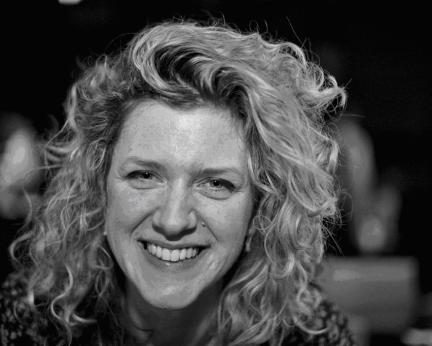I’m now in my second year of higher specialist training in surgery in London. We have to cover the syllabus for plastic surgery from the Royal College of Surgeons and the General Medical Council. I’ve learnt a lot so far, about surgery for hand and lower limb trauma, skin cancer, burns and breast reconstruction.
My work at the Queen Victoria Hospital is very varied. About once every 10 days I’m on-call for 24 hours and then have the following day off. Being on-call means I deal with the emergency plastic surgery cases at the hospital. We don’t have an A&E department, but we do have a minor injuries unit and a trauma clinic.
At the start of my on-call day we have a trauma meeting with the on-call consultant, the senior theatre nurses and the site practitioner nurse and there’s a handover with the outgoing on-call team. We then do a ward round of all of the trauma patients in the hospital.
At the trauma clinic, patients are referred to us and I decide (with the help of colleagues) whether they need emergency or planned surgery. I’m also available to see patients from the outpatients’ clinics and I also provide advice to colleagues in the nurse-run post-surgical clinics.
The afternoons of my on-call day are usually spent in the operating theatre. During higher specialist training the operations increase in complexity and we are taught many different techniques by the consultants who are always available to answer questions.
An example of a relatively straightforward operation is a nail-bed repair, where we carefully clean and stitch back together cuts to the finger tip where the nail grows. However, even the simplest of operations can sometimes be unexpectedly complex. Another surgical procedure that we learn towards the start of our training is removing skin cancers, where it is vital that we know exactly how much tissue to remove. Our work is always assessed and we can only perform procedures once we have demonstrated competency.
Operations can last from around 20 minutes for something straightforward to between six and eight hours for more complex microsurgery, for example where someone has lost a finger.
During a typical week I normally spend about three full days in the operating theatre. I also see patients in outpatients’ clinics and attend regular ward rounds.
My job also involves teaching - twice a week we teach our colleagues common conditions to ensure we cover the RCS syllabus. I’m also involved with the British Association of Plastic and Reconstructive Surgeons, evaluating new technology and innovation in plastic surgery.





